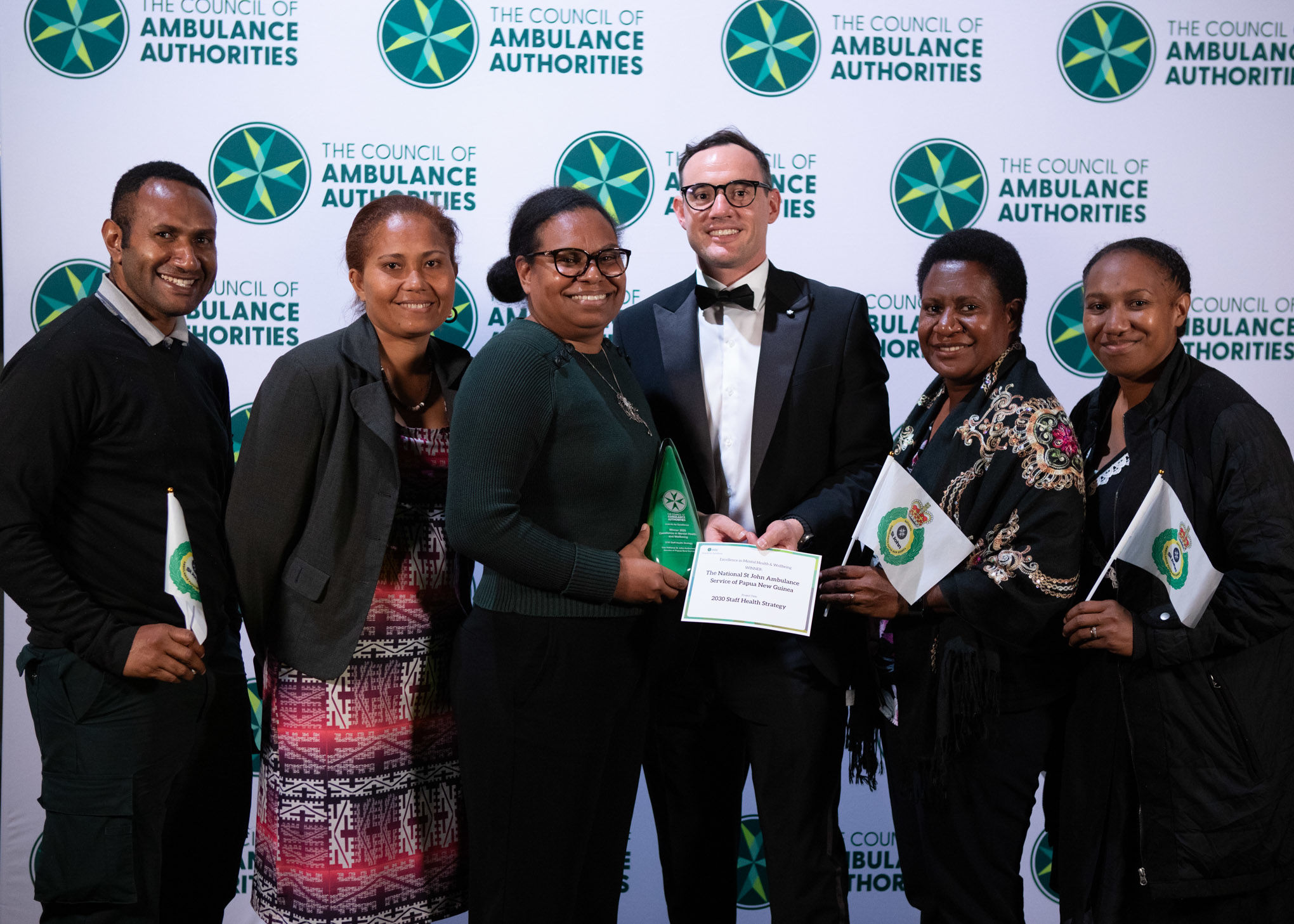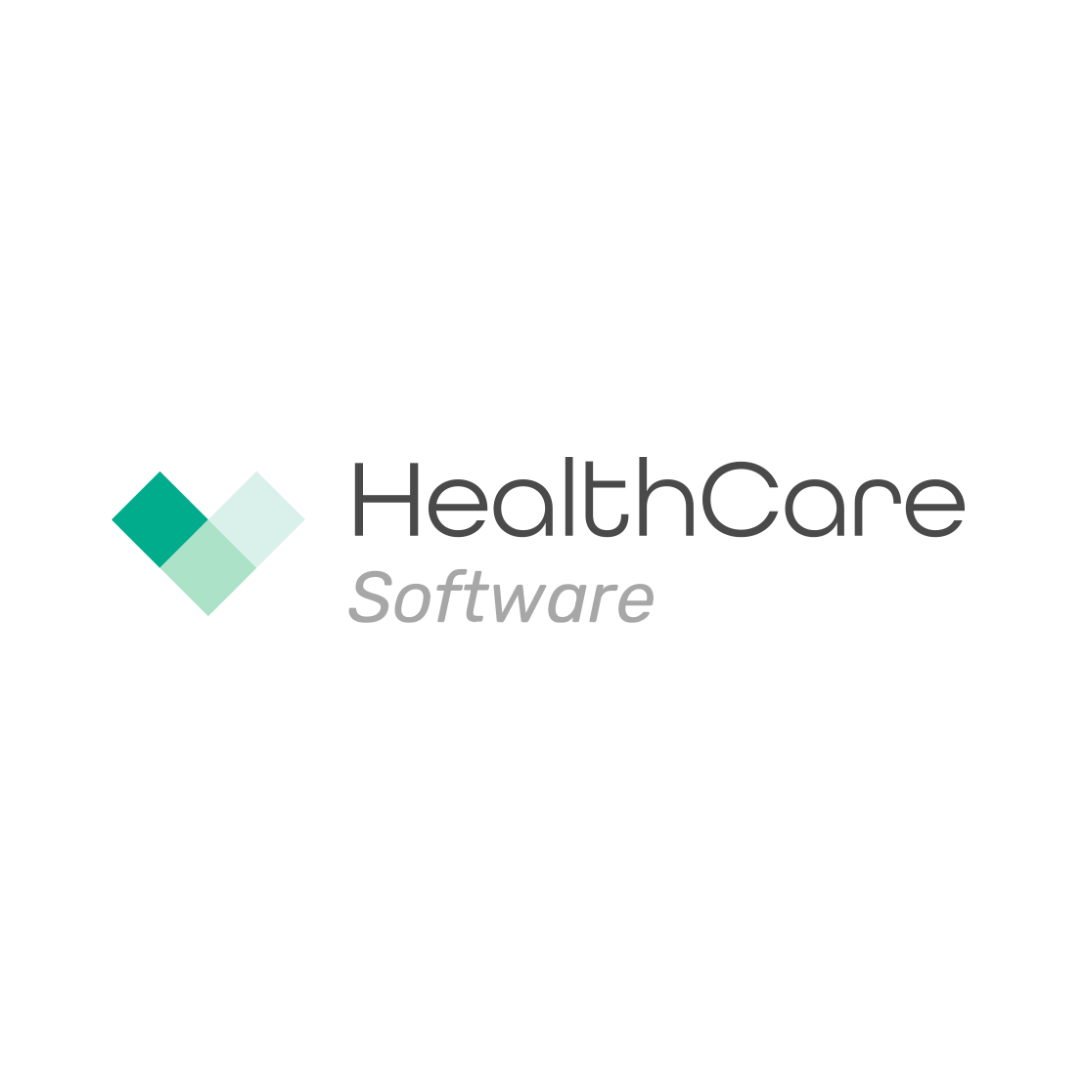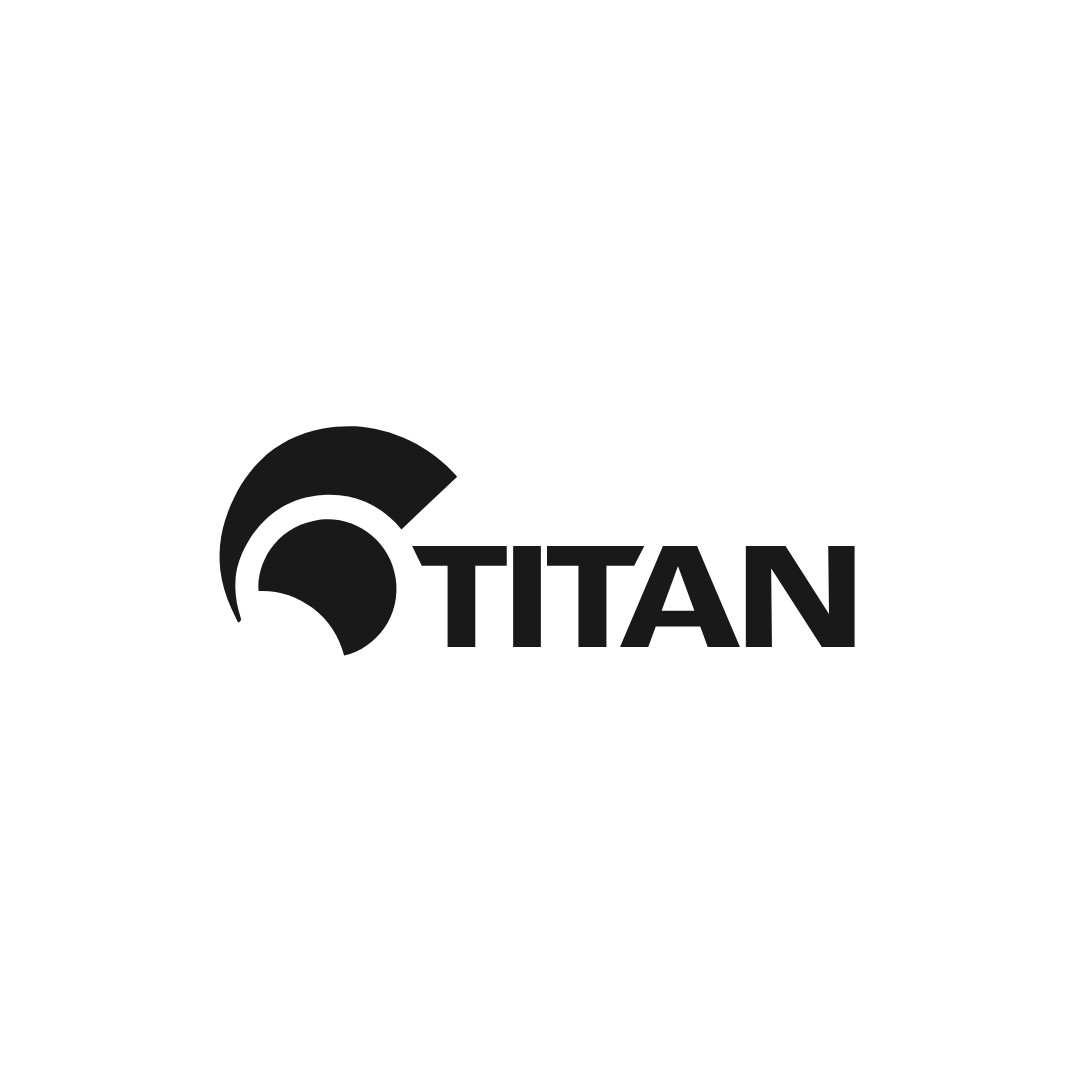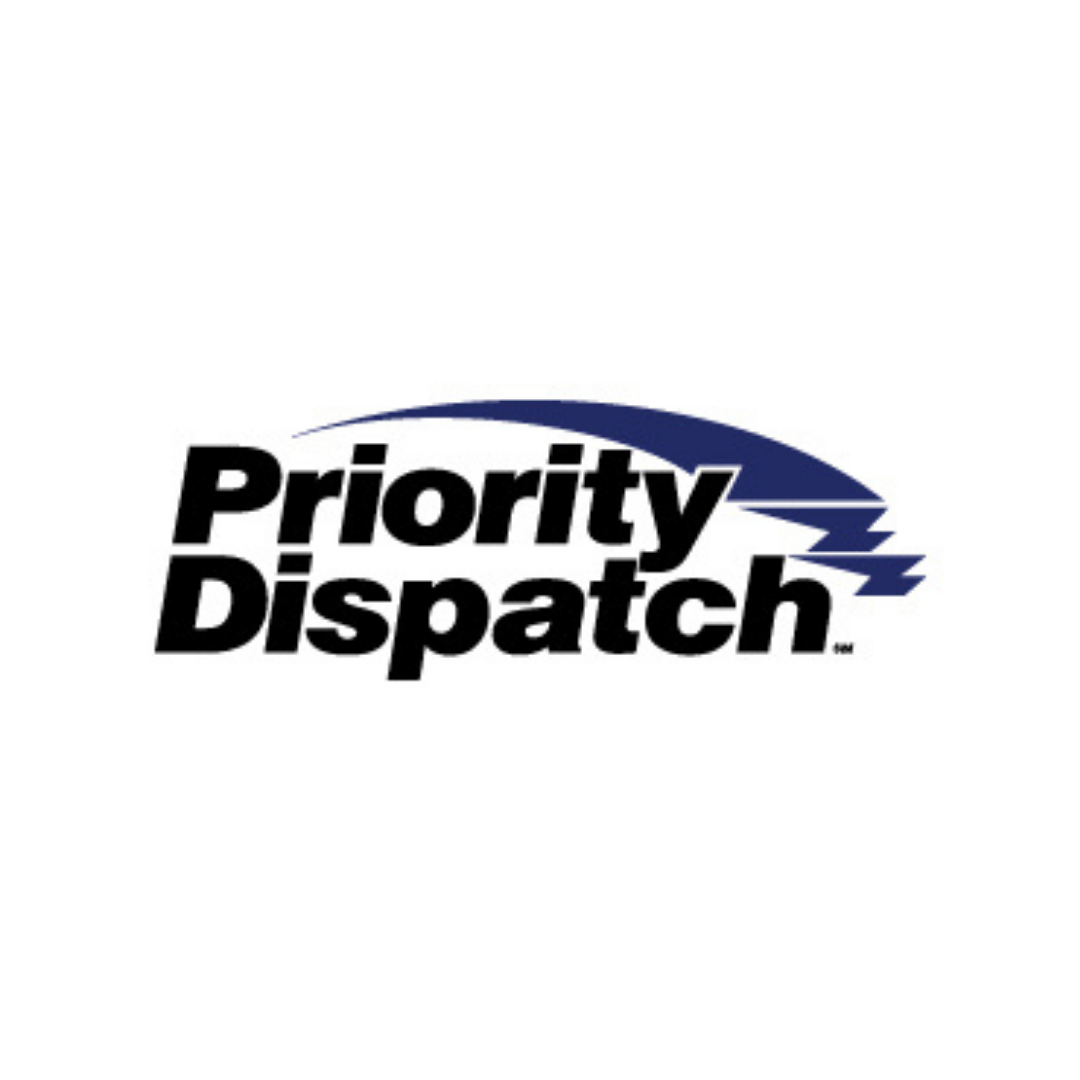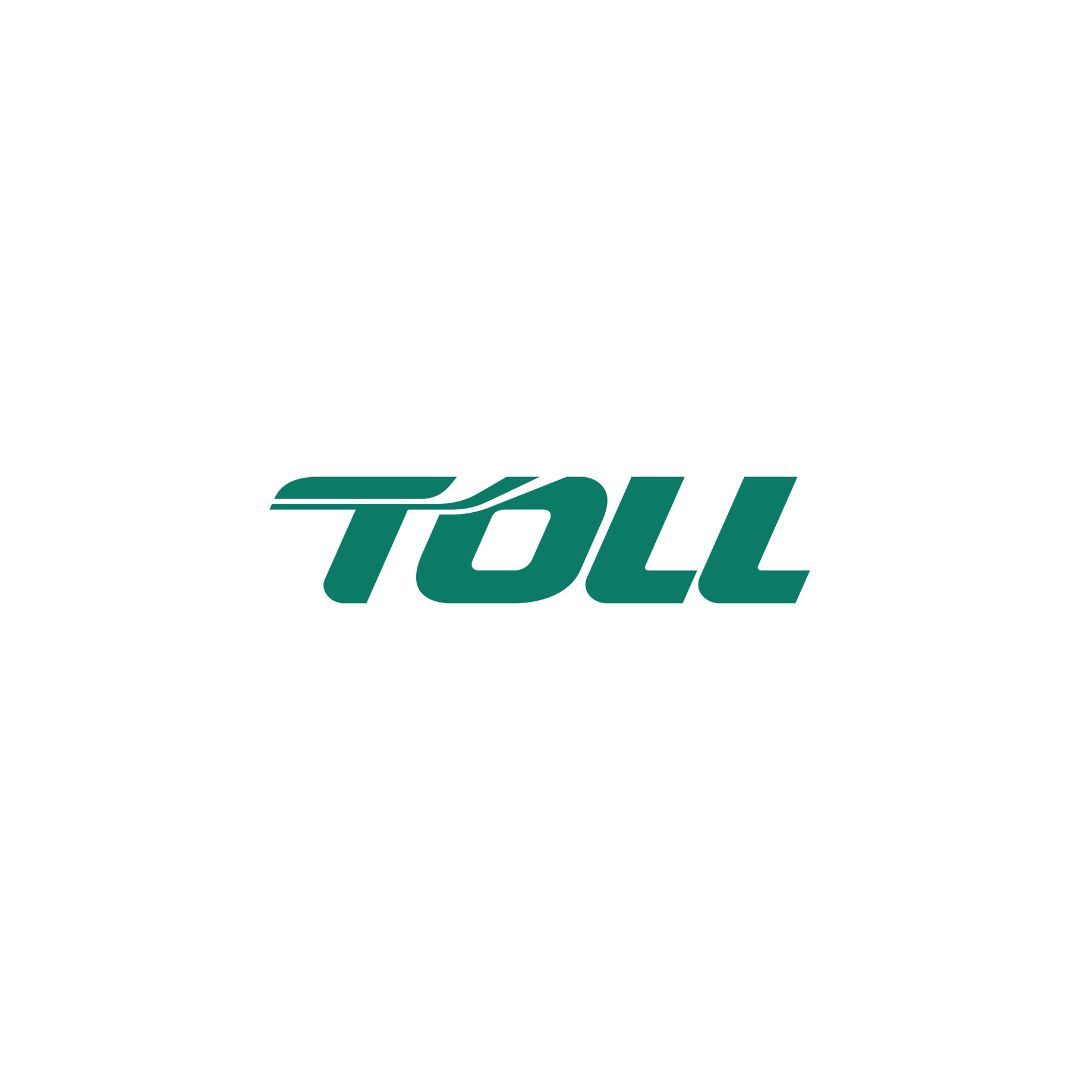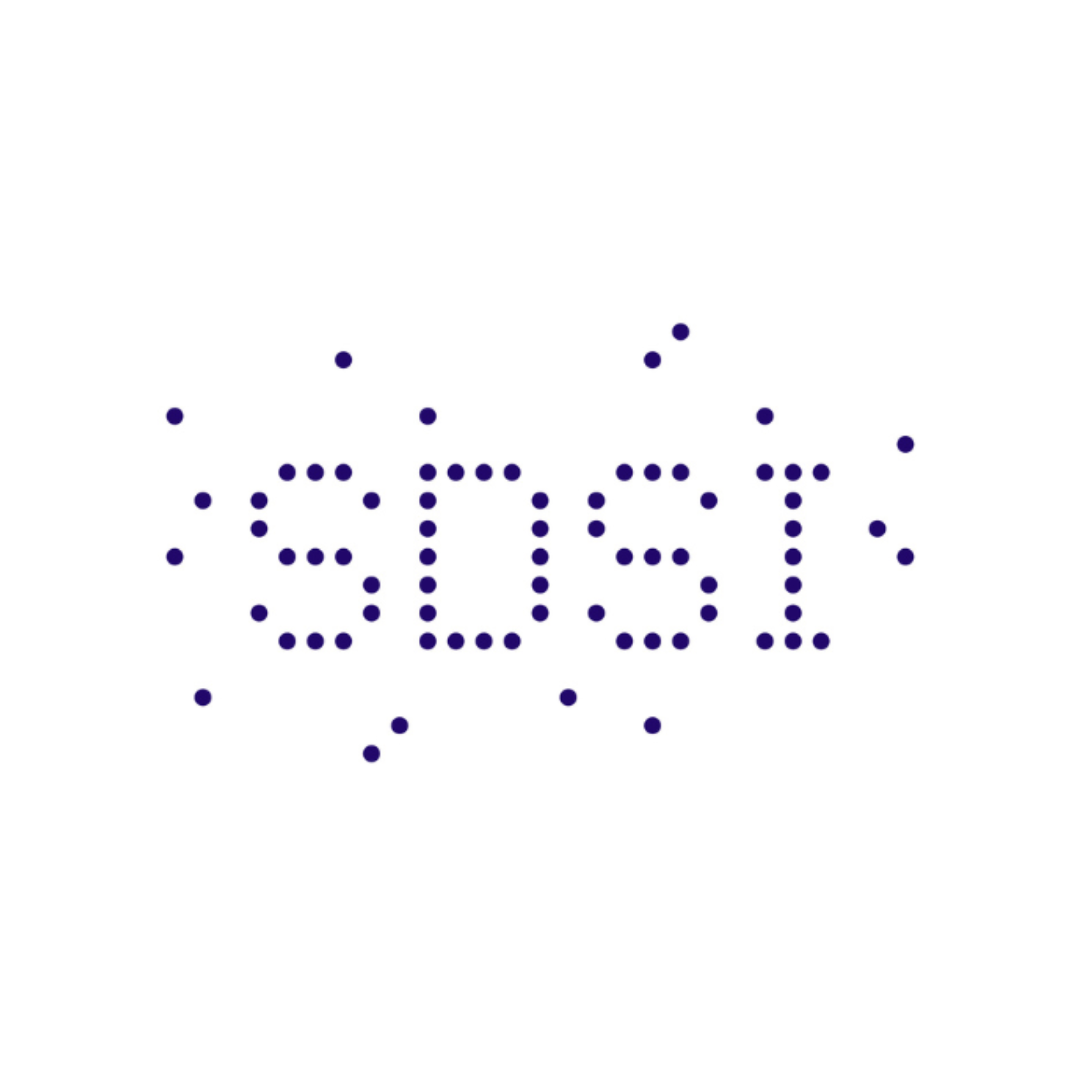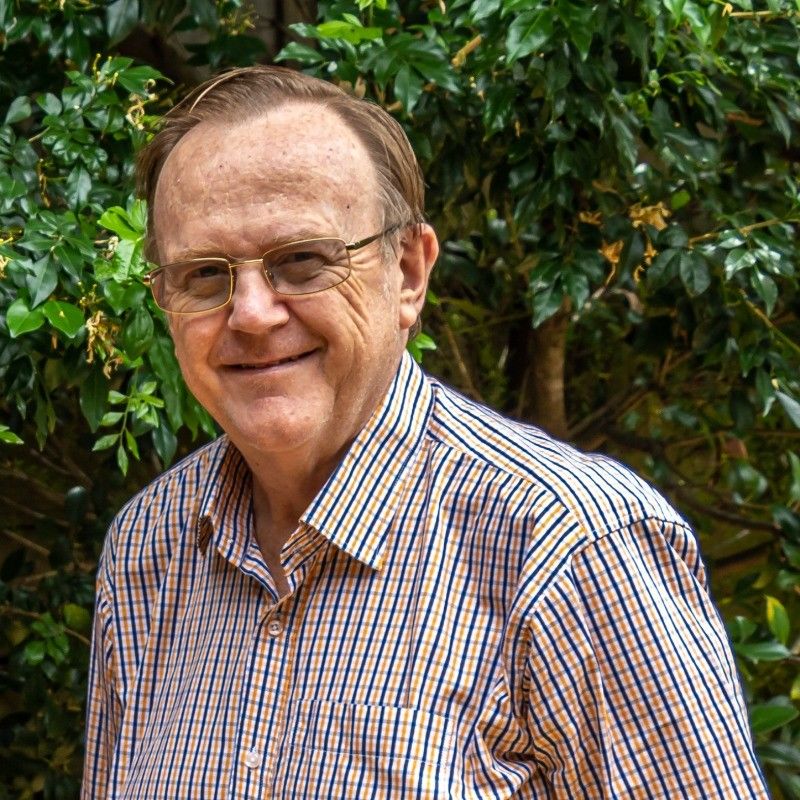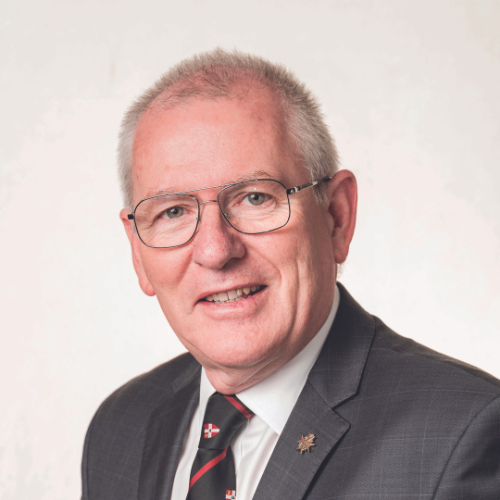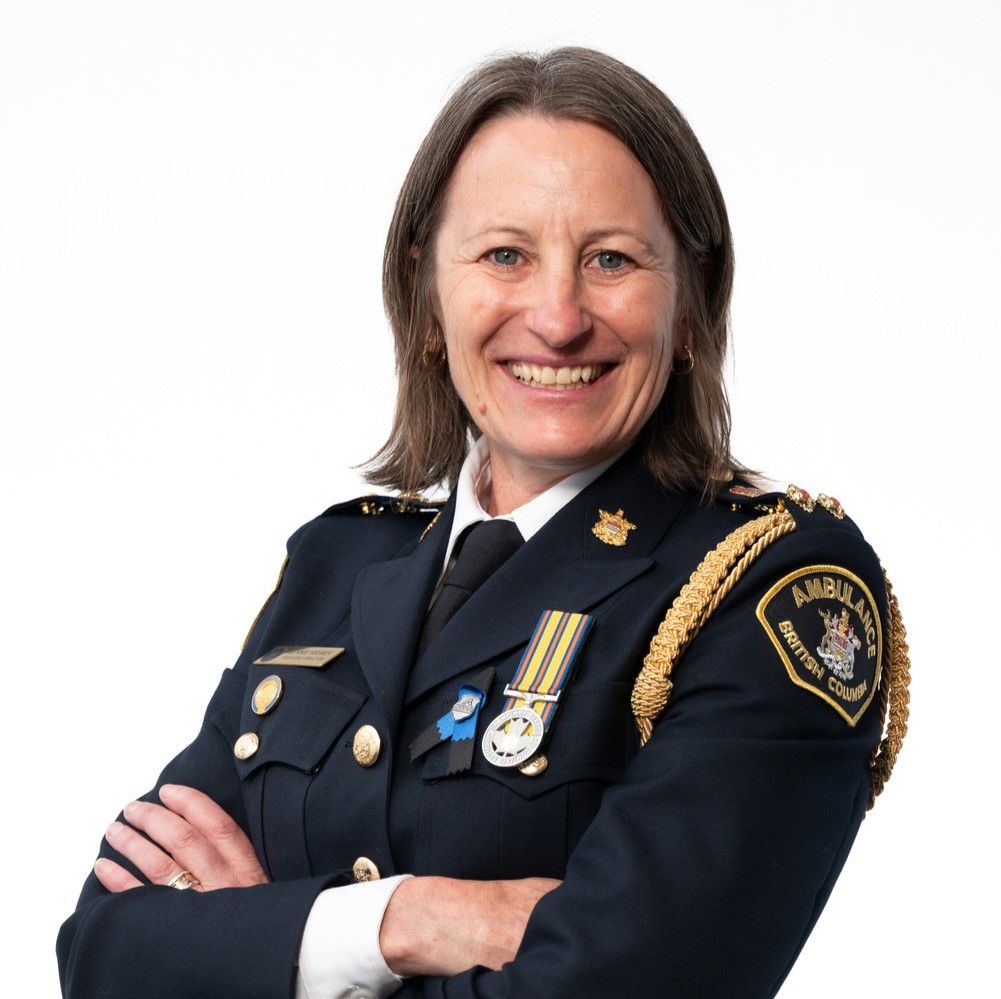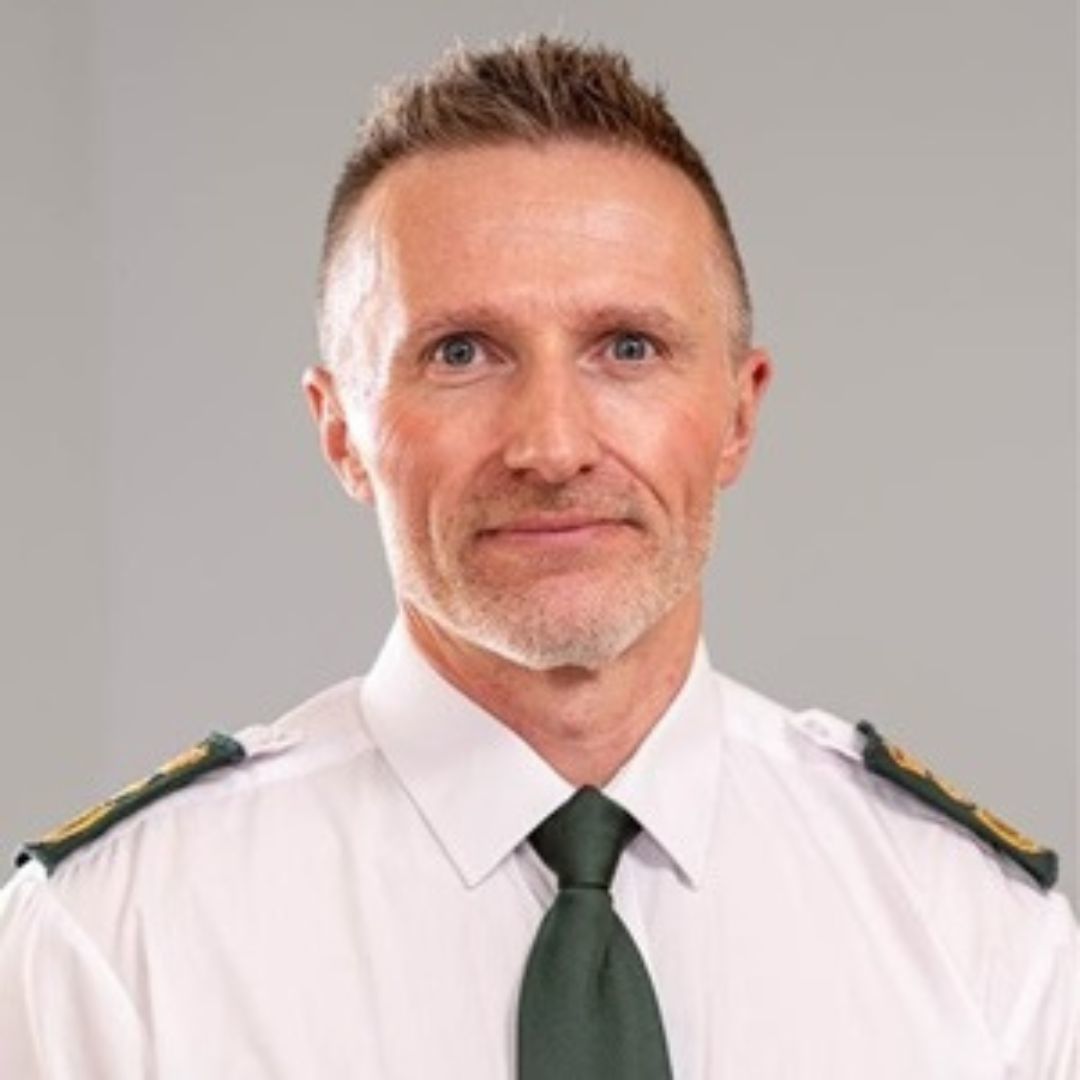CAA Awards for Excellence
AboutThe Awards for Excellence have been run by the Council of Ambulance Authorities for more than 16 years with the aim to recognise the hard and innovative work of member ambulance services from Australia, New Zealand and Papua New Guinea. The awards are designed to encourage innovation and to enable services to share their work and learn from each other. The awards are independently judged by a panel of industry-respected judges from across the globe. Winners were revealed at the 2025 Awards for Excellence Gala Dinner held on August 20th at the prestigious Adelaide Oval. Please follow our social media accounts for the most up-to-date news and stories regarding the Awards for Excellence and CAA Congress.. |
|
| |
2026 Awards for ExcellenceThe Awards for Excellence have been run by the Council of Ambulance Authorities for more than 16 years with the aim to recognise the hard and innovative work of member ambulance services from Australia, New Zealand and Papua New Guinea. Entries for the 2026 CAA Awards for Excellence are now open. We encourage you to consider submitting projects and programs currently underway within your organisation. Awards Timeline
If you have any questions or require any assistance, please contact our team at admin@caa.net.au *Please note that applications are only accepted by CAA Member Services. Start an Application |
2024 CAA Awards for Excellence Showreel
2025 Awards for Excellence Finalists Announced
2025 Award Sponsors
CAA AWARDS FOR EXCELLENCE JUDGES
Meet your 2025 CAA Awards for Excellence Judges
|
Associate Professor Belinda Flanagan (PhD)Belinda is the Head of School at the University of Tasmania, leading the first School of Paramedicine in an Australian university. She has worked as a Paramedic & Registered Nurse/Midwife for 25 years. Belinda collaborates with ambulance services in guideline development, education, research and clinical governance. |
Neil KirbyNeil is currently an Industry Ambassador for Corvanta, and a former Chief Executive for Ambulance Tasmania. |
Freddy Lippert MDAssociate professor, University of Copenhagen, Denmark. Chair of the European Emergency Medical Services and CEO of Copenhagen EMS. |
Professor Vivienne TippettDirector of Research for Queensland University of Technology's School of Clinical Science
|
| |
Tony AhernRetired CEO and current board member of St John WA. Current board member of WA Primary Health Alliance.
|
Jennie HelmerChief Operations Officer at the British Columbia Emergency Health Services | |

